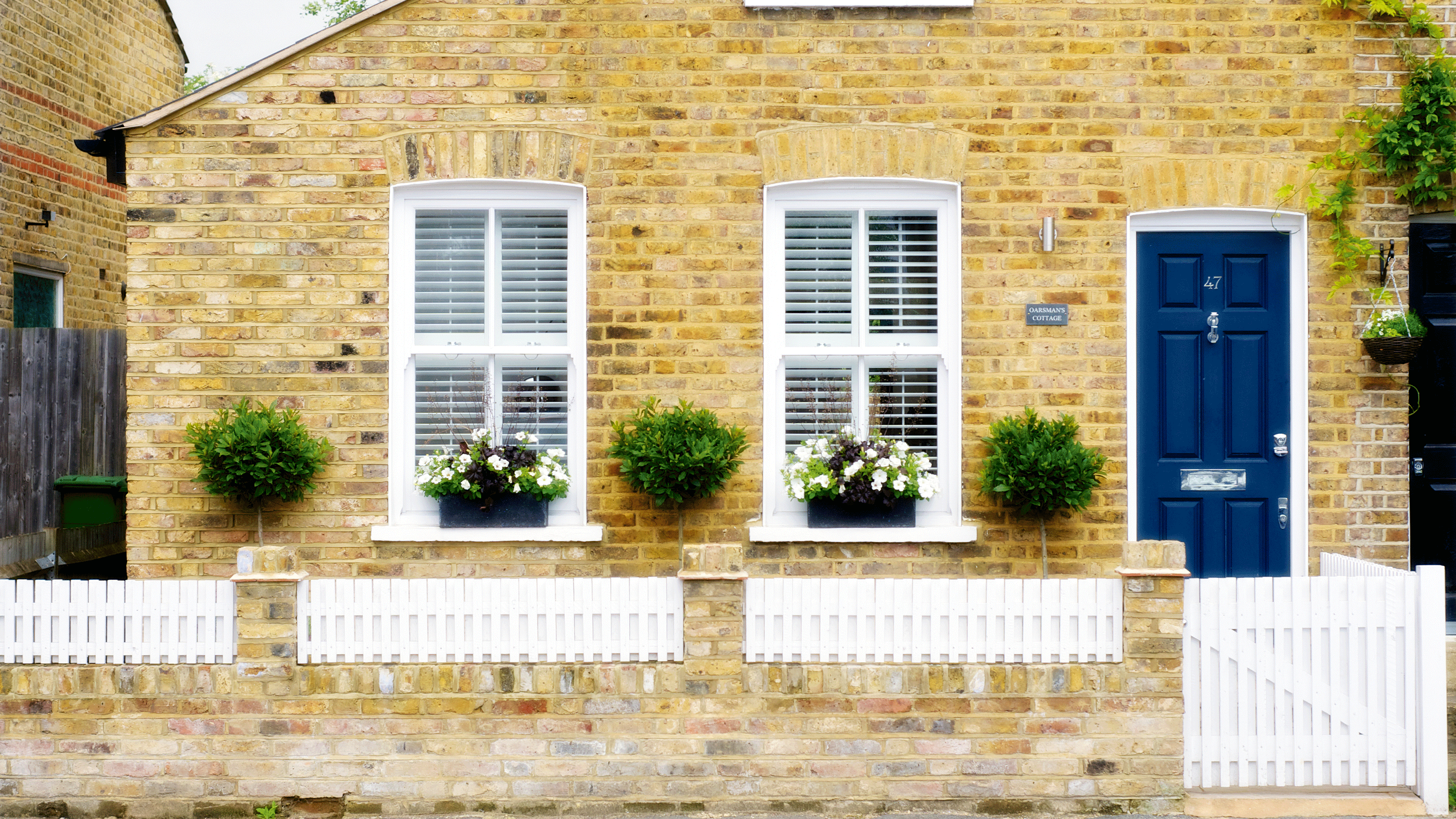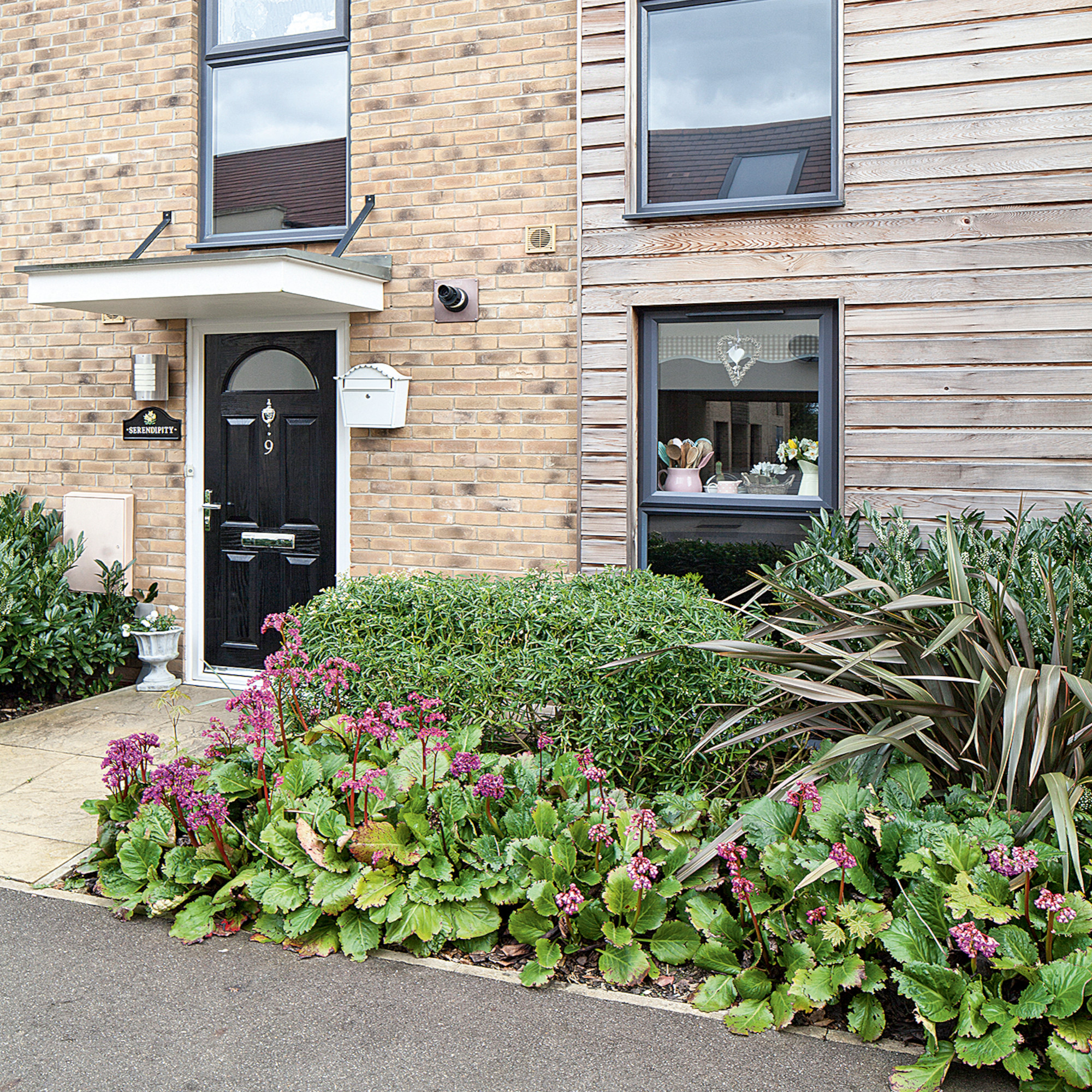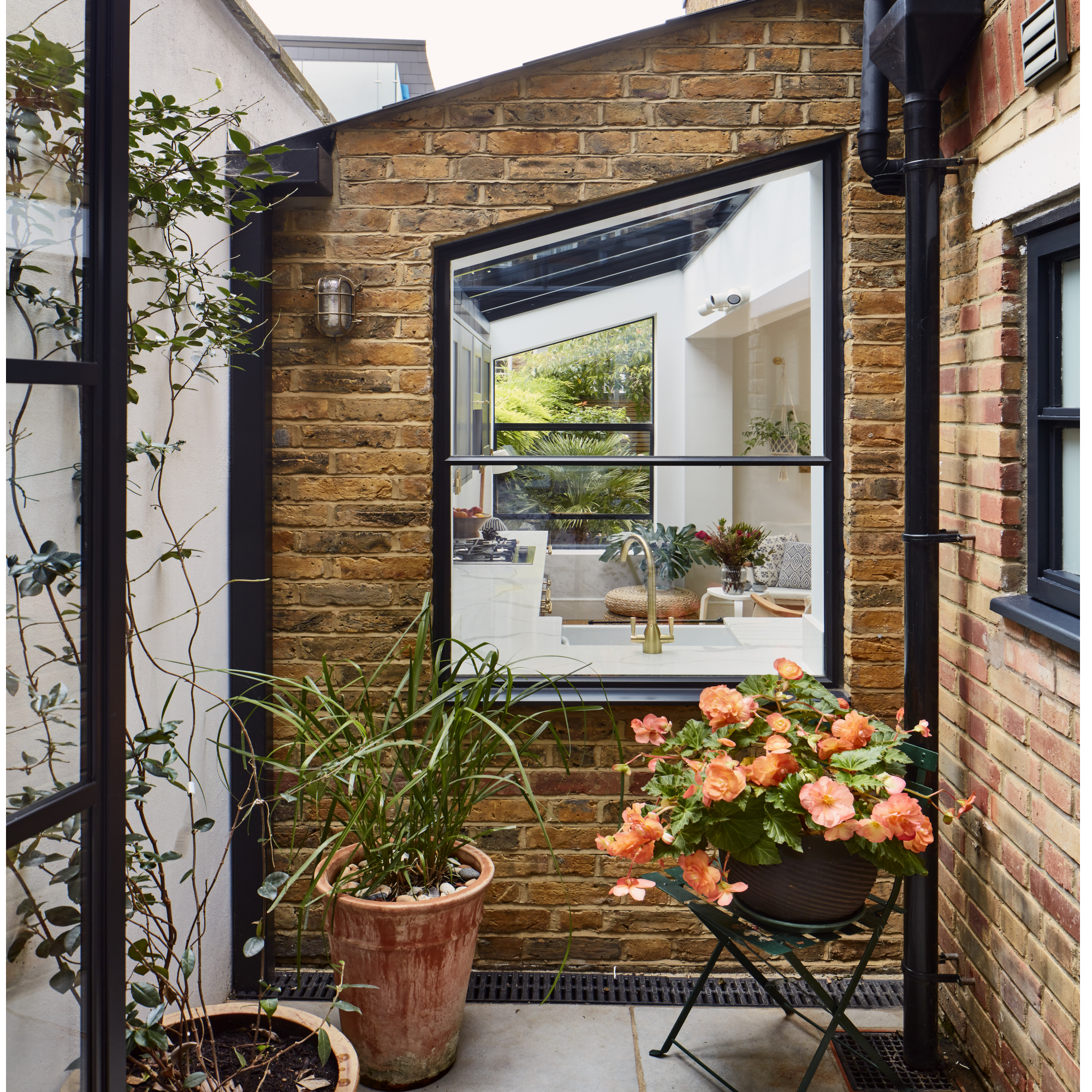5 house moving mistakes to avoid if you want to save money
Moving home is expensive enough - avoid these mistakes if you want to keep costs low

Moving home is a stressful and costly business, and there is usually lots of tasks to tick off the moving house checklist. So it’s no wonder the average Brit moves just four times in their life.
A new survey by Legal & General found that moving home was ranked the most stressful life event by more than half of those surveyed. One the biggest factors sending movers’ blood pressure soaring is not having enough money not cover hidden expenses included in the cost of moving house.
Make sure you’re not caught out by unplanned and unpleasant costs by following these simple tips.
1. Getting caught out by mortgage fees
Mortgage fees can run into thousands of pounds, depending on the type of mortgage you choose and the adviser you use.
It’s advisable to ask a broker to arrange your mortgage deal for you. Some brokers don’t charge a fee and receive a commission from the lender instead. However some charge between 0.3% to 1% of your loan amount. If you’re buying a property, you usually pay this on receipt of your mortgage offer.
Watch out for a booking fee charged by your lender too. This can range from £300 to £1,000 which you’ll need to pay at the start of your application to book your mortgage deal.

It’s more common for lenders to charge you an arrangement fee instead. This is more expensive, ranging from £995 to £3,000 for high-value loans, but can be added to your mortgage balance instead of being paid on the spot. Some lenders offer a zero fee in exchange for a higher mortgage rate.
Sign up to our newsletter for style inspiration, real homes, project and garden advice and shopping know-how
Nicholas Mendes, mortgage technical manager, John Charcol, says: 'All fees and costs associated with your mortgage and when they must be paid will be listed in your mortgage factsheet known as a European Standardised Information Sheet, ESIS for short. The sheet also states if the fees are refundable or not should your mortgage fail to complete. Make sure to read through your ESIS in full and ask questions immediately to avoid making a costly mistake.'
2. Not preparing for delays
If you’re buying a house, you’re likely to be asked to pay for a basic valuation for mortgage purposes. A basic valuation covers little structural detail about the property and costs around £150. It’s valid for six months. This should be enough time to complete your purchase.
But if you run into delays, for example because your property chain has collapsed, you will have to pay for another valuation if your old one expires.
It can help to build a contingency fund into your budget of about 10-20%.
3. Underestimating your legal fees
The average conveyancing costs for a first-time buyer are £1,342 and for a home mover this increases to just over £2,000 according to moving services firm Reallymoving.
But not all property purchases are straight forward and buyers can often find themselves being asked for additional fees as problems arise. The top three reasons buyers see their legal costs rise are:
- complex access to the land they are purchasing such as a third party right of way
- the previous owners have carried out unapproved building work or they’re buying a property in area with unusual conditions such as close to a tin mine, or near to land erosion or flood risk.

4. Misjudge your removal needs
It’s amazing how many belongings we accumulate so it’s easy to underestimate the extent of our removal needs. But doing so can prove to be costly. Some moving firms ask you to estimate how many boxes and items you’re moving which they’ll use to base their quote on. If you exceed this amount you’ll be charged extra, often on the spot.
To avoid a nasty surprise, Rob Houghton, chief executive of moving services firm Really Moving says get a professional appraisal.
'Book your removals firm well in advance, ensuring they visit your home to assess the volume of belongings so you’re only paying for the space you need. Professional removals typically cost around £400 for first-time buyers, but it varies according to the volume of belongings and distance moved.'
5. Ignoring repairs
Unexpected repairs can make a big dent in your budget. For example, if you decide to redecorate and realise you need to replaster the walls and ceilings first it will cost you much more than a few cans of paint.
The average cost to replaster a three-bedroom house, according to Legal & General, can range from £1,500 to £15,000.
Faulty wiring is another less-than-obvious repair job that, if discovered, will eat into your budget when you first move in. The average cost to rewire a three-bed property is £5,750. When you’re working out a budget to spend on new furniture and decorating, include a contingency fund to pay for unexpected repairs.
One way to spot more serious faults before you buy the property is to pay for a detailed valuation inspection such as a Homebuyer Report (from £400) or a full structural survey (from £600) to be carried out before you buy. These reports can uncover any serious issues that could deter you from buying the property or help you to negotiation a lower price.
Samantha Partington is a personal finance journalist specialising in mortgages and the property market.
Over the past nine years, Samantha has worked for the Daily Mail, trade website Mortgage Solutions and business title Property Week. She regularly writes for national money pages including Money Mail and Sun Money and supports prop tech firms with content writing.